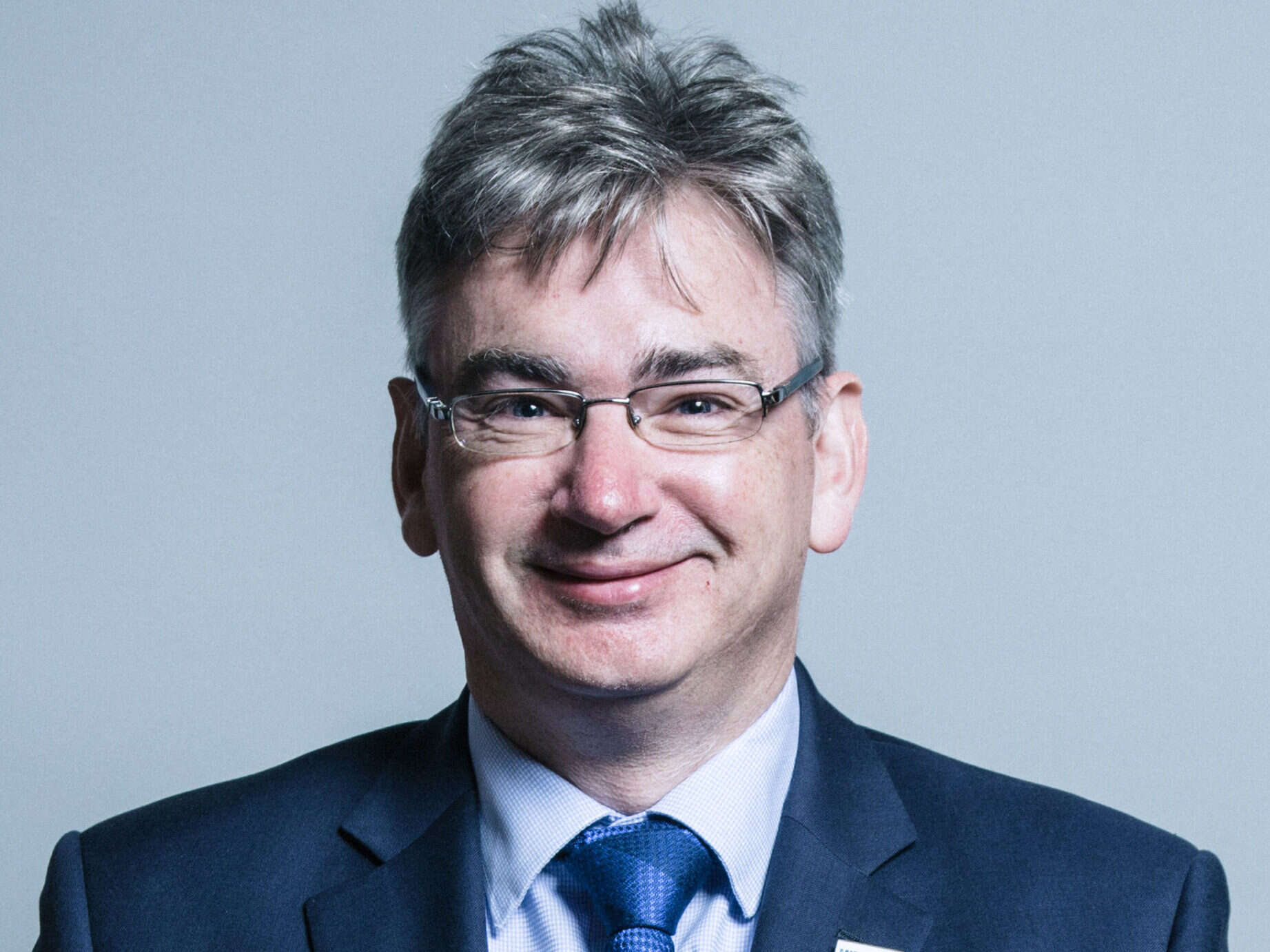
Damian Collins has been ousted from his role as chairman of the Digital, Culture, Media and Sport Committee after three years by a former BBC and Independent journalist.
Julian Knight won the race for the chairmanship yesterday after he promised to be a “critical friend” to the BBC “as it tries to find a new, sustainable model and role in the years ahead”.
In his pitch to MPs, the Conservative MP for Solihull added: “I propose that we serve as an unofficial ‘Royal Commission’ on the future of the corporation, taking the lead and forging a cross-party consensus which can win support both across the House and beyond it.”
Brexiteer Knight became an MP in 2015 after working in journalism, including as a BBC personal finance and consumer affairs reporter for five years before joining the Independent as money and property editor in 2007.
Earlier this month Knight wrote for the Express detailing how the DCMS Committee should look at the BBC’s funding model, rules on impartiality the way it impacts the private sector and what role it can play as streaming giants like Netflix continue to dominate the market.
He called for a reform of the licence fee, suggesting the “main option” was to move to a subscription service that lets people opt out if they so choose.
He wrote: “I believe that the BBC can actually thrive without the licence fee provided it is helped with a soft landing and maps out a new role for itself which fits in with the changing listening and viewing habits of the Great British public.
“It would help restore trust too if people didn’t feel compelled that they had choice. The licence fee is an anachronism in a world of choice.”
Knight said yesterday he was “delighted” to have been elected as chairman of the committee, which has “lots of issues… to tackle”.
“I also wish to put on record my gratitude to former chair Damian Collins who has worked tirelessly in the role over the past few years,” he tweeted.
Collins had held the position since October 2016 and led inquiries into pay practices at the BBC and disinformation and “fake news”, pursuing Facebook’s bosses for action on harmful content and data transparency.
He claimed a victory yesterday after BBC director-general Tony Hall agreed to suspend the decision to end the red button text service after concerns it could negatively impact the elderly and people with disabilities.
Collins’ own pitch for the chairmanship this time stated the need to “understand what licence-fee payers want from the BBC and how it should be funded to deliver this” in an “era of digital content on demand”.
He also called for the UK to create an independent regulation system for harmful content which would have the power to impose “real penalties” on social media companies if they don’t act.
He said last night: “All that mattered to me was the quality of the work the committee produced and that stands in its own right. I will continue to speak up for these issues in parliament and beyond.”
Picture: UK Parliament
Email pged@pressgazette.co.uk to point out mistakes, provide story tips or send in a letter for publication on our "Letters Page" blog
